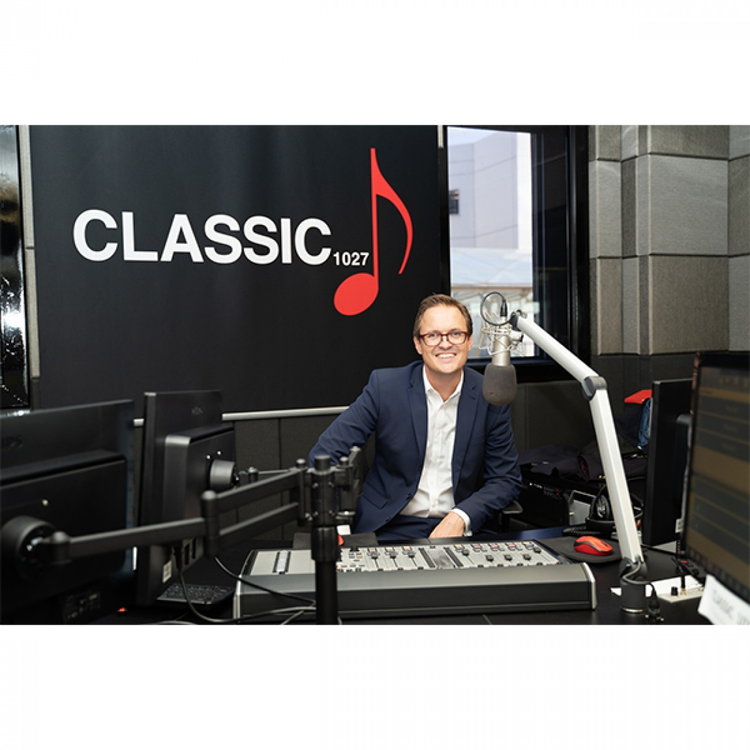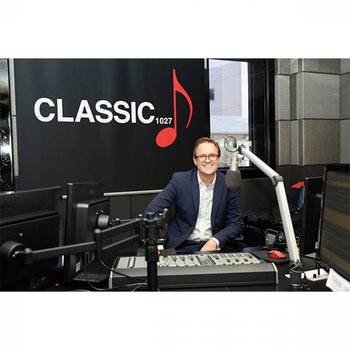
Aspen year-end results
Loading player...
Pharmaceutical company Aspen, grew itself from a home in Greyville, without inheritance or big investors in the beginning, to aspirations of becoming a multinational pharmaceutical giant until it hit hard times last year. It saw its annual headline profit increase by 9%, with group revenue rising to R38.6 billion. Revenue from its manufacturing unit increased by 22%. Its profitability received a boost from lower financing costs, as its net borrowings declined by R3.8 billion. These results reflect a robust performance in difficult circumstances with COVID-19 clearly having different impacts on different parts of the business. While COVID-19 has supported spikes in demand for certain medications in certain geographies (e.g. anesthetics in Europe) this has been partially offset by a subsequent period of de-stocking, reduced demand from delayed elective procedures, as well as lockdown in China. Aspen’s improving financial health comes a year after it was thrown into turmoil when investors dumped its shares on worries that it might not be able to shoulder its R54bn debt load, racked up in a series of acquisitions to diversify its portfolio from being mainly generics to specialist therapies including blood-clot and anaesthetics medicines. CEO Stephen Saad has set about slowly dismantling the business selling the gems (wide moat divisions in infant milk and thrombosis) to pay down the debt. Avery chats to Saad about what he’s done to reshape the business and how investors should think about the Aspen investment case from hereon.

